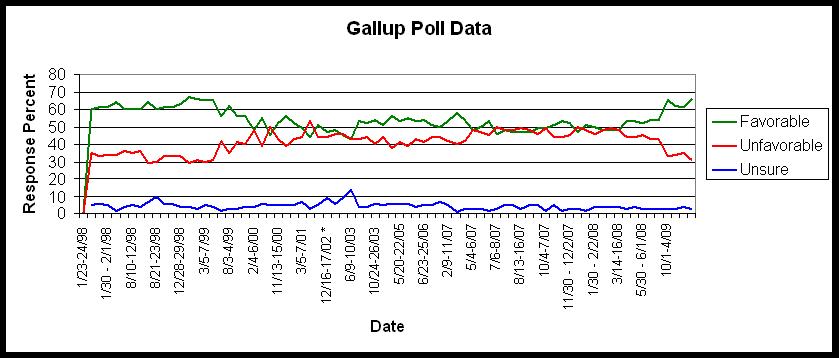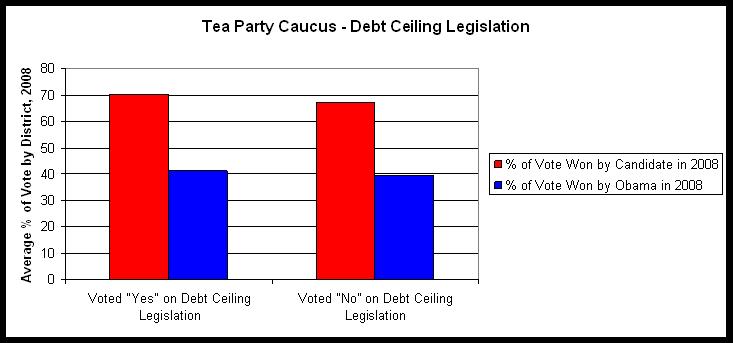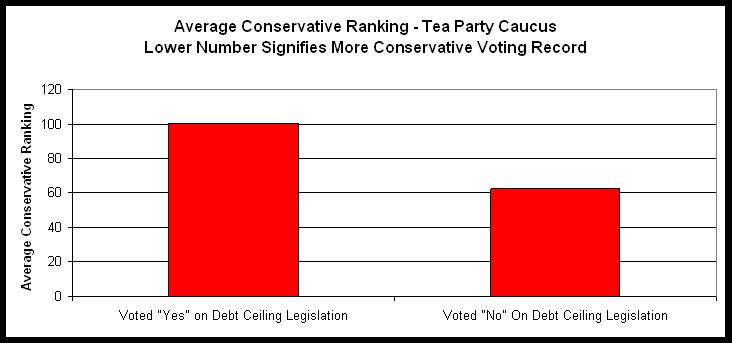As the nation approached the August 2 deadline for resolving the debt crisis, a chorus of voices arose, mostly on the Left, urging President Obama to end the budget impasse by unilaterally invoking the 14th amendment. That Civil War-era amendment contains a clause, Section 4, which reads: “The validity of the public debt of the United States, authorized by law, including debts incurred for payment of pensions and bounties for services in suppressing insurrection or rebellion, should not be questioned.” According to proponents of this idea, by invoking the 14th amendment, President Obama negated any need for Congress to vote on raising the debt limit, since under the Constitution the government is obligated to pay its debts, congressional approval or not. Under this plan, Treasury Secretary Tim Geithner would be ordered by Obama continue borrowing money to pay the government’s debts. House Republicans, went the argument, would be in no position to stop Obama, since he could say his action was necessary to prevent the nation from enduring the calamity that would occur if it defaulted on its debt. If Republicans pursued the matter in court, the issue would take months to resolve – assuming the Court even took up the case. Meanwhile, the debt crisis would be averted.
As I discussed in an earlier post, this was an absolutely terrible idea. And yet, as it appeared we were on the brink of default, more and more people sincerely believed Obama was preparing to take this drastic step. Harvard professor Paul Peterson, in a guest post on this blog, made perhaps the most cogent case for why Obama might be preparing to do so. I confess that when I read Paul’s post, I thought he was acting as provocateur – a role Paul has played very effectively in the past. (Full disclosure: Paul was a former colleague of mine at Harvard and served on my dissertation committee there as well). But if Paul was operating as intellectual gadfly, others quite sincerely thought Obama was preparing to end the crisis by invoking the 14th amendment.
Let’s be clear – and I said this before the debt deal was consummated – Obama was never going to invoke the 14th amendment. In my previous post, I laid out the reasons why this made no political sense, but let me briefly review the logic driving my argument. The mistake proponents of the 14th amendment route made is to think the end goal was to solve the debt crisis on terms favorable to Obama. If Obama could end the standoff without giving away the budget store in negotiations, he would be judged as having “won” the debt debate. But, from Obama’s perspective, this narrow focus on the debt negotiations missed the bigger picture. Obama’s actions in the debt debate, by necessity, were driven by his electoral calculations looking ahead to 2012. It was never simply about “winning” the debt clash – it was about solving it with the least political controversy in order to move it off the table. Invoking the 14th amendment would have had the opposite effect – it would have guaranteed that the issue remained simmering on the front burner for the next year, and it almost certainly would have become a Republican rallying cry – Obama as dictator! – in the coming presidential campaign. Partisans on the Left, as is their wont, became so focused on beating the Right in the debt game that they lost sight of Obama’s larger political interests. And this is a problem for issue activists on both sides of the political aisle more generally – they tend to approach each battle with a scorched earth, take no prisoners, it’s us or them mentality. Presidents, however, cannot afford this zero-sum approach to political conflict because, under our system of shared powers, they must actively collaborate with Congress to get most anything done.
But there was a second reason why Obama would not invoke the 14th amendment – it is not in his political nature. Longtime readers should not be surprised by my claim. In several previous posts dating to before Obama’s inauguration, I have pointed out that he is not a risk taker, and he is not one who makes decisions based on emotion. In a December, 2008, blog post titled Obama the Centrist I noted that as early as his days as editor of the Harvard Law Review, Obama had a penchant for splitting differences, avoiding controversy and minimizing risk. Caution, pragmatism and the politics of moderation are in his DNA, and nothing that has happened in his presidency to date has persuaded me otherwise.
Invoke the 14th amendment? It was never going to happen.





